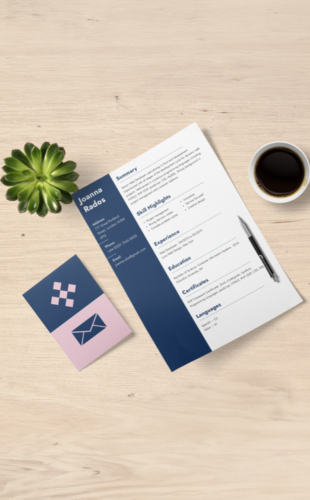Tackle 2025 with our live market updates
Every Friday, people2people delivers live market update streams across Facebook, LinkedIn, YouTube, X, and Instagram, offering valuable insights into the latest recruitment trends and employment landscape. These updates are hosted by industry experts and feature a guest professional each week, ensuring a well-rounded analysis of the job market.
Covering the United Kingdom, Australia, and New Zealand, the sessions provide real-time information on labour market shifts, talent availability, and hiring predictions.
Whether you're a job seeker looking to navigate the competitive 2025 employment market or an employer aiming to make informed hiring decisions, our live streams offer expert advice, highlight hot job opportunities, and explore exciting roles across our key markets. Stay ahead with actionable insights designed to help you succeed in your career or talent search.











